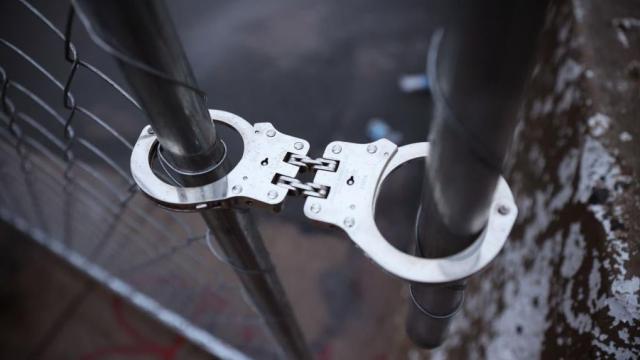Wherever there are online video games, there will be people trying to cheat. It’s human nature, and as much as it annoys the rest of us, we’ll never be rid of it. So we should all expect, at some level, video game companies to put in the work needed to protect us from aimbots and wallhacks and autoclickers.
It’s in their best interests, after all. If a game is overrun by cheaters then regular, law-abiding players — the majority of their paying customers — might stop playing the game, might tell other people not to buy the game and might never buy a game in that series, or from that company, ever again.
We should all be thankful, then, for the idea of anti-cheat measures. But as I look around the video games I’ve played, or have at least tried to play in 2022, I’m wondering whether they’re starting to become more trouble than they’re worth.
I have reviewed FIFA in some capacity on this website for well over a decade, but regular readers who are also football fans may have noticed I haven’t said a word about it this year. That’s because, over a month after the PC version’s release, I am still locked out of it thanks to a broken, over-zealous example of anti-cheat protection.
Publisher EA uses Easy Anti-Cheat, which has given me an error preventing me from even launching the game that every published workaround — from running the program as an administrator to disabling overlays (?) to editing my PC’s bios (??!!) — hasn’t solved. And so for one whole month, a game that I own and have never cheated at in my life remains unplayable. I’ve never even made it to the main menu.
The same publisher and the same anti-cheat program also locked me out of Battlefield 2042 (it’s getting good!) for almost a week earlier this month, for no reason, just because. At least in this instance it was a temporary bug (I could boot the game up and play for a few minutes before it would freeze), and not a complete failure at the point of launch, but still.
This fucking sucks! Games not working for weird technical reasons is a thing that happens constantly, especially if you’ve owned a PC for any amount of time (I couldn’t play Fallout 3 for over a decade!), but when the problem is not the game but a thing attached to the side of the game, something designed to protect your experience but which is instead harming it, it’s so much more frustrating.
To be clear, I’m not posting this as some kind of isolated, woe-is-me personal account. FIFA 23’s problems are very widespread, to the point it affected other outlet’s reviews, and in this line of work, across all the games and platforms we make use of, we run into hiccups and errors all the time that go unremarked because, well, that’s just life.
Here, though, I think the cause of the issues being an external thing just makes it so much more annoying. And EA are far from the only ones affecting users with heavy-handed measures. Look at Activision, with a frankly ridiculous mobile phone requirement for its latest games that was walked back on Overwatch but which remains in place for Modern Warfare 2’s impending launch. It means that huge numbers of people, legitimate customers who wanted to buy the game and play it fairly, will be prevented from doing so because of their…phone plans. Then there’s Bungie, who saw innocent players accidentally banned — an extreme punishment! — earlier this month when their own anti-cheat went awry, while some Apex Legends players were booted for the same reason in August.
At what point does policing cheats to this extent start to have more of an impact on your rules-abiding userbase than the cheats? Is it really worth it for these publishers to install these programs at the kernel level, where they technically have the power to access and alter everything on your PC, something that has long raised not just technical but ethical concerns as well?
Maybe I’m biased given my recent experiences, but I’m starting to think the answer is fast approaching “no”. I’m not saying we don’t need cheat protection, of course we do, cheats aren’t just a huge pain in the arse, they’re so big they’ve become a lucrative business unto themselves. Ask anyone playing NBA 2K23, a PC game notorious for its lack of anti-cheat, what it’s like playing online without a safety net of some kind and you’ll get some passionate responses.
But surely we can find a better, cleaner way of doing things than this.

Leave a Reply